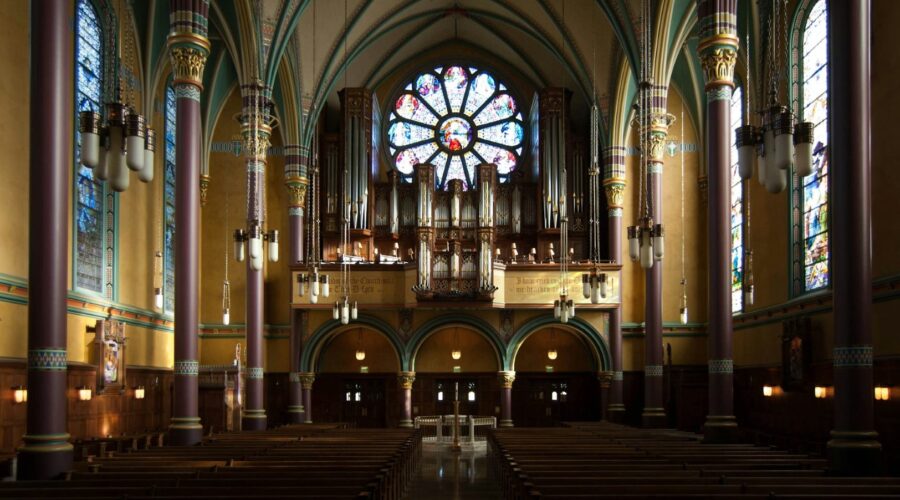Your cart is currently empty!
Unveiling the Essence of the LDS Religion: A Comprehensive Guide

Introduction
The Church of Jesus Christ of Latter-day Saints, commonly known as the LDS Church, is a vibrant and dynamic religion with a rich history and diverse beliefs. Its adherents, often referred to as Mormons, have built a global community centered on the teachings of Jesus Christ. This comprehensive guide explores the key facets of LDS religion, providing valuable insights into its doctrines, practices, and cultural traditions.
Core Beliefs
The LDS religion is rooted in a set of fundamental beliefs:
- God the Father: The ultimate creator and ruler of all things.
- Jesus Christ: The Savior and Redeemer of mankind, who came to Earth in mortal form.
- Holy Ghost: A member of the Godhead who guides and inspires.
- Ordinances and Covenants: Sacred ceremonies and agreements that connect individuals to God.
- Restoration: The LDS Church believes that the original Christian church, as established by Jesus Christ, was corrupted over time and that the LDS Church is the restored version.
li>Eternal Families: Family relationships are designed to continue beyond mortality.
Religious Practices
LDS members engage in various religious practices:
Worship Services
Called Sacrament Meetings, these weekly gatherings focus on renewing covenants, partaking of the sacrament (bread and water representing Christ’s sacrifice), and listening to sermons.
Temple Worship
Dedicated temples are sacred spaces where members participate in special ordinances, such as marriage and baptism for the dead.
Missionary Work
Young men and women serve full-time missions for two years, sharing their beliefs and inviting others to receive baptism.
Scripture Study
LDS members study a standard set of scriptures, which include the Bible, the Book of Mormon, the Doctrine and Covenants, and the Pearl of Great Price.
Cultural Traditions
The LDS community embraces certain cultural traditions:
- Word of Wisdom: A health code that promotes abstinence from alcohol, tobacco, and excessive caffeine and sugar.
- Modesty: Emphasis on dressing and behaving in a modest and appropriate manner.
- Family Home Evening: A weekly night dedicated to family prayers, scripture study, and activities.
- Education: High value placed on education and lifelong learning.
Organization and Governance
The LDS Church has a unique organizational structure:
Lay Clergy
Local congregations are led by volunteer lay leaders called bishops and stake presidents.
General Authorities
A group of 15 men known as the Quorum of the Twelve Apostles and a three-man First Presidency provide worldwide leadership.
Revelation
The LDS Church believes that leaders and members can receive ongoing revelation from God.
History and Growth
The LDS Church was founded in 1830 by Joseph Smith Jr., who claimed to have received divine revelations. Over the years, it has experienced significant growth, establishing a global presence with over 16 million members.
Conclusion
The LDS religion is a multifaceted faith that offers spiritual guidance, a sense of community, and a path to eternal happiness. Its core beliefs, religious practices, cultural traditions, and unique organizational structure set it apart from other Christian denominations. Understanding the LDS religion enables greater appreciation for its diverse beliefs and contributions to society.
Additional Resources: